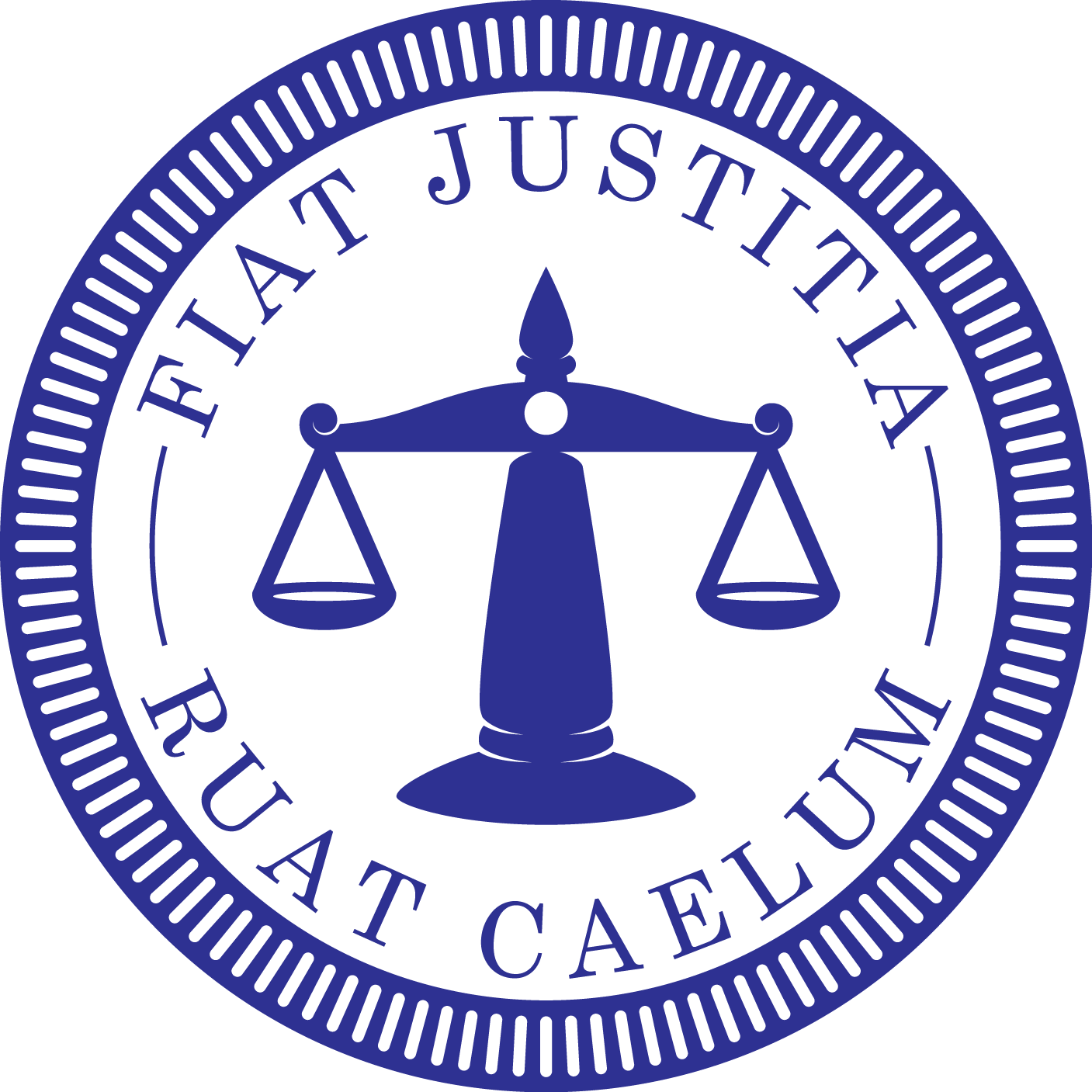Even the New England Journal of Medicine Thinks Preemption is a Bad Idea
(I had to cross-post this at TortDeform because it makes me so happy.)
Don't believe me when I say preemption is bad public policy? Well how about the New England Journal of Medicine?
Drug and device companies have chosen an inauspicious moment to attack the right of patients to seek redress. A series of pivotal reports on patient safety from the Institute of Medicine, as well as numerous articles in scholarly journals, has put the issue of patient safety in the national spotlight. Although frivolous lawsuits should not be condoned, product-liability litigation has unquestionably helped to remove unsafe products from the market and to prevent others from entering it. Through the process of legal discovery, litigation may also uncover information about drug toxicity that would otherwise not be known. Preemption will thus result in drugs and devices that are less safe and will thereby undermine a national effort to improve patient safety.
....
Why should doctors be concerned about preemption? In stripping patients of their right to seek redress through due process of law, preemption of common-law tort actions is not only unjust but will also result in the reduced safety of drugs and medical devices for the American people. Preemption will undermine the confidence that doctors and patients have in the safety of drugs and devices. If injured patients are unable to seek legal redress from manufacturers of defective products, they may instead turn elsewhere.
You just know that the "reform" movement is going to accuse the NEJM of acting out of self-interest in hoping to make pharmaceuticals the target of what would otherwise be malpractice lawsuits. The "reform" solution of course is to restrict both types of lawsuits, thus ensuring pharmaceuticals and insurers reap the maximum profit.

